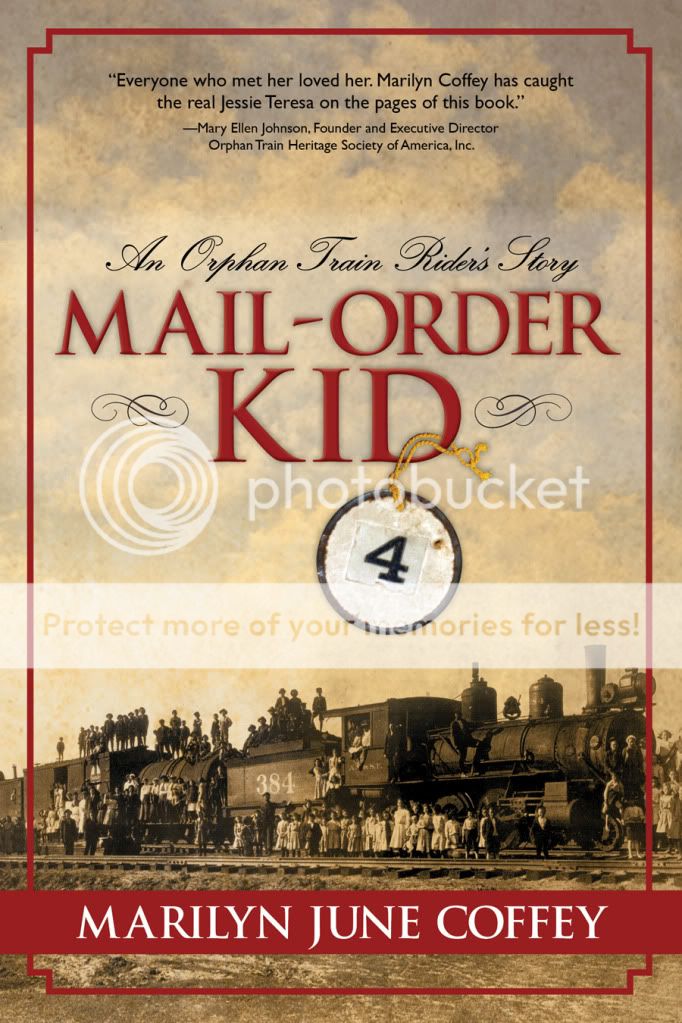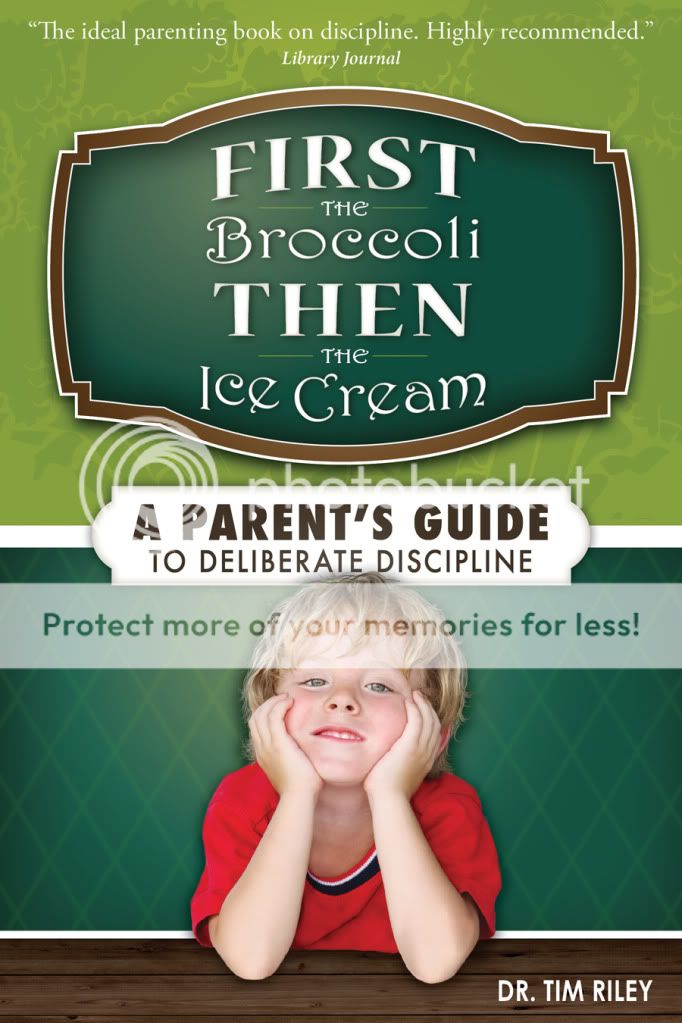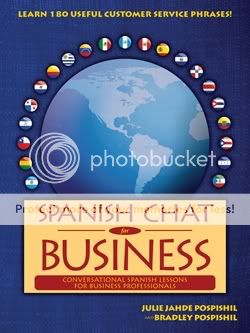Dr. Mark's Interview with J.P. Hansen
As seen in the
L.A. Times
Any questions?
Q: I was rejected for a job I recently interviewed for. I thought the interview went well until the end. The interviewer checked his watch, and then asked, “Do you have any questions?” I thought I would gain bonus points by answering, “No, you’ve covered everything.” My recruiter said this left a bad taste in the interviewer’s mouth. Under the circumstance, I wonder now if I should have asked a question.

A: In my capacity as a career advice columnist, I occasionally come across an expert resource that makes my job of providing my readers with information easy. One such person is J.P. Hansen, executive recruiter and author of The Bliss List: The Ultimate Guide to Living the Dream at Work and Beyond! (Career Bliss Publications, $19.95). Regardless of perceived time constraints (like checking a watch), a well thought-out question at the end of the interview is often the clincher. It is customary to ask a question or two at the end, but probably not more than two. I asked Hansen about what to say when asked, “Do you have any questions?”
• Always have questions. Prepare at least five good questions that demonstrate your research on the company. It’s customary to blank out when asked this question at the end of an interview so bring a notepad.
• “No, I think you’ve covered everything” underwhelms the interviewer and will likely get you the boot rather than the offer.
• Ask the “kiss-up” question, the one that highlights a positive about the job or company: “With the impressive results the company has had in the past, where do you see the company in the next five years?” or “Customer XYZ said great things about your company and your high-quality service levels. How do other customers view you?”
• Before leaving, always ask for the job. A successful closing often cements a job offer: “Do you have any concerns about my ability to do this job or any subsequent jobs with this company in the future?” If yes, find out why and sell yourself one final time. If no, say, “When can I start?”
• Some interviewers ask you to interview them. Be prepared.
Develop a killer resume
Q: I hate writing my resume. I have a hard time not sounding too egotistical or cliché. Is the resume really that important or isn’t it more important to interview well?
A: Most people have a difficult time writing a resume, let alone one that reaches the top of the pile. Though the job market is rebounding, jobs are still somewhat scarce and competition is daunting. Your resume is a critical stepping stone to obtaining an interview. Failure to impress the hiring manager can send your candidacy into the round file.
Hansen’s advice:
• Your resume is your invisible first impression and it goes without saying how important first impressions are.
• Be clear and concise.
• Avoid the one-page myth. Length doesn’t matter (in resumes). Don’t undersell your background by trying to shoe-horn your experiences onto one page.
• The best resume covers two areas: (1) activities and (2) accomplishments in chronological order. Use sentences in paragraph form for the activities and bullet points to highlight your accomplishments.
• You don’t need to spend more than $100 on a resume service. It’s best to write your own so it’s easy to tailor it to match your dream job.
• Accomplishments win you an interview. Spend time on your accomplishments and quantify and qualify them.
• Avoid “Objectives” and “Career Summary.” They are redundant and do not belong on a resume.
• Some resume don’ts: no pictures of yourself (I’ve seen ’em) and no flowery verbiage. If it can be stated with fewer words or syllables, do it. Nocolored paper or cheap copier paper — use cottonbond white paper.
• Spell check and read every word. Have another set of eyes proof read with a fine tooth comb. I wrote “manger” on one of my resumes by mistake. Though manger is a word and passed spell-check, I wasn’t applying for a nativity scene and “manager” worked better. Though a hiring manager spends less than 30 seconds on average on your resume, don’t let a typo negate your strong background.




























